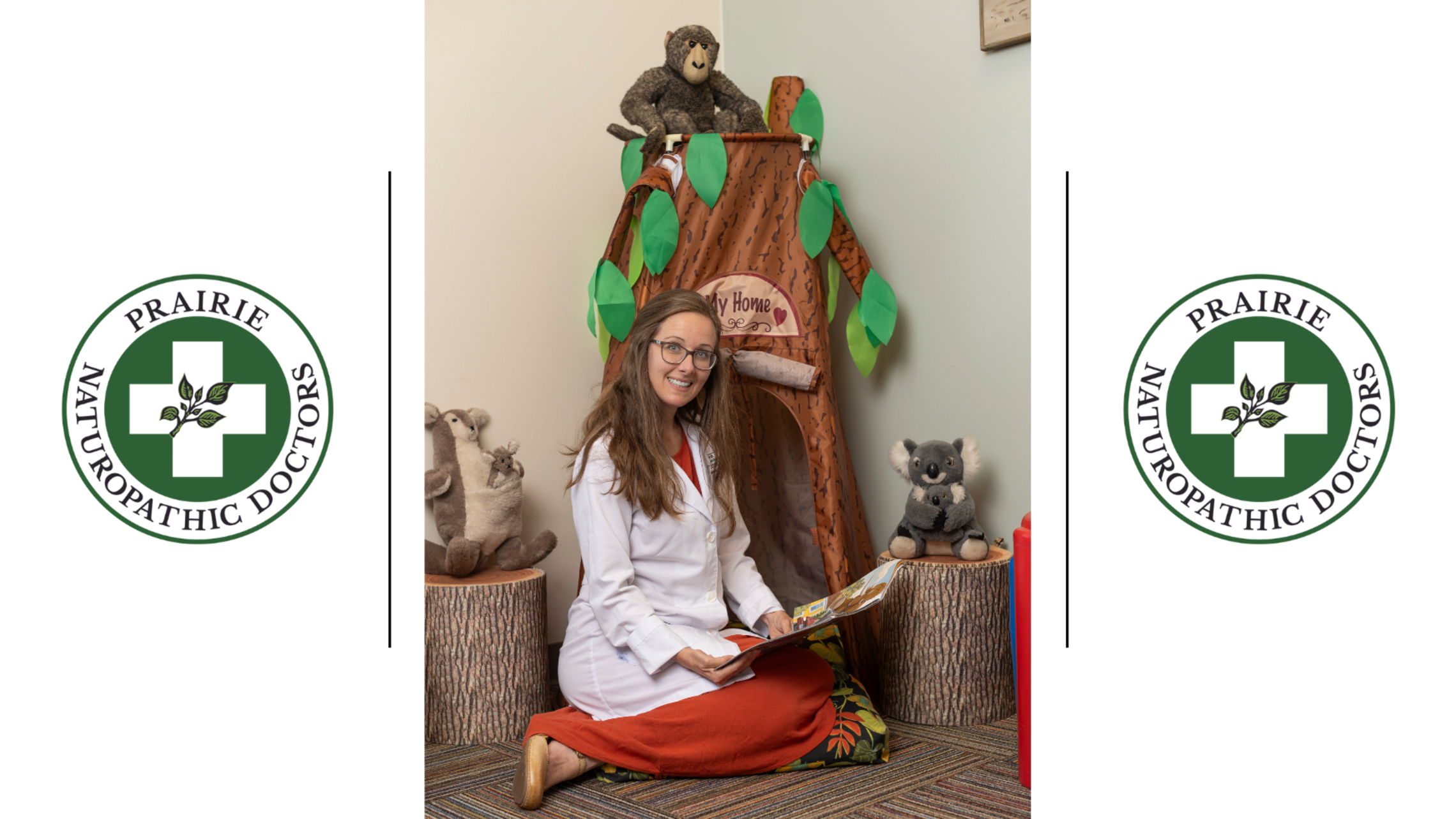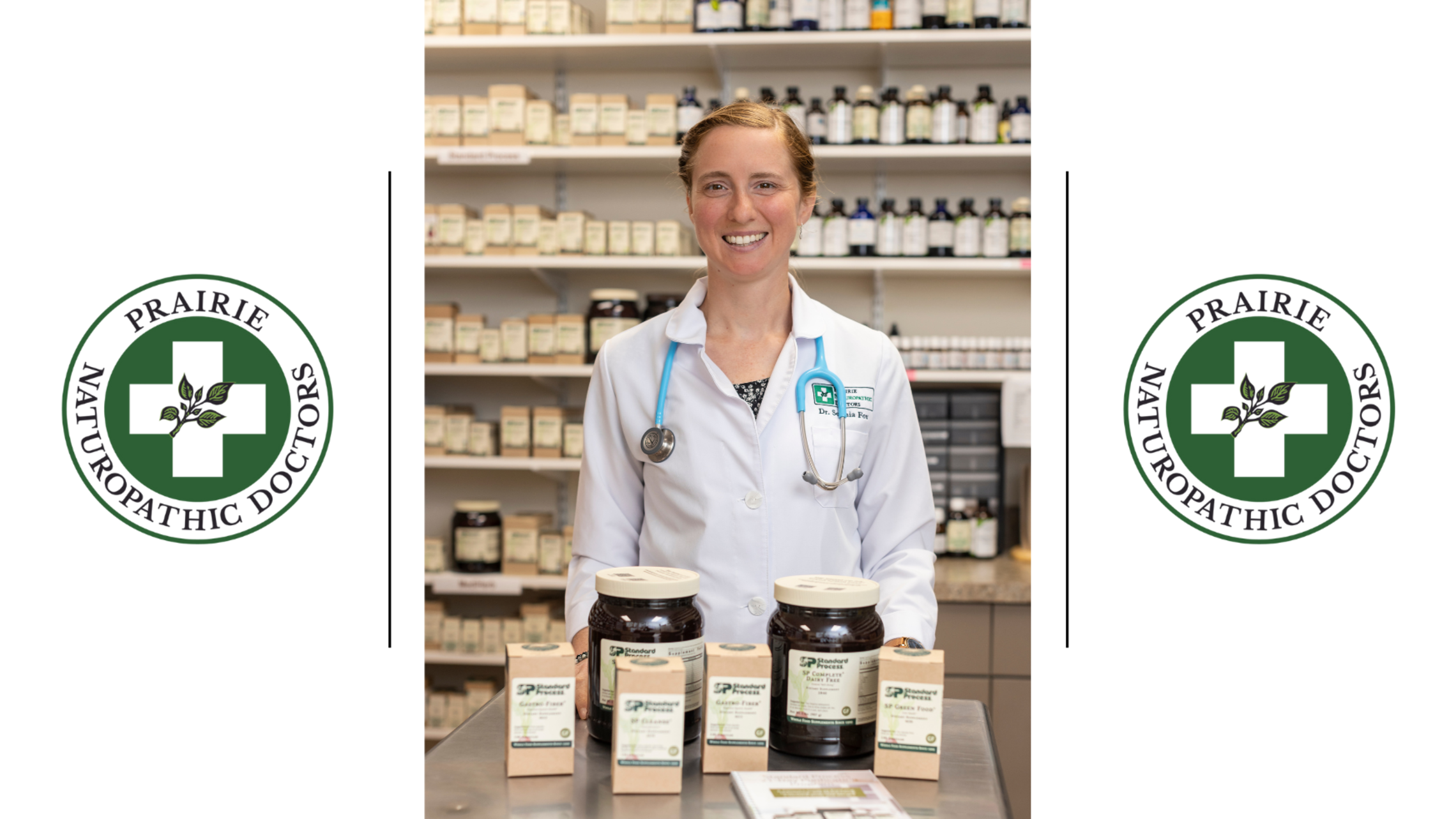Cardio-Metabolic Health: How Naturopathy Can Help Improve Heart Health, Naturally

Let’s talk about how your naturopathic doctor can help with the prevention of cardiovascular disease by way of naturopathic treatments. If you have read the previous article, “Natural Primary Healthcare: Top Conditions Treated,” you may recall that prevention is one of the tenants of naturopathic medicine. First, we’ll examine the causes of cardiovascular disease and heart failure, and then we’ll visit some of the risk factors—as well as the preventative measures.
Heart disease is often the result of a combination of factors rather than a single cause. Managing and reducing these risk factors through lifestyle changes and naturopathic interventions can significantly lower the risk of developing heart disease and related complications as well as improve existing heart disease.
Here are some risk factors for cardiovascular conditions such as heart disease and heart failure:
- Cigarette smoking
- Depression
- Domestic violence survivor
- Family history of heart disease
- High blood pressure
- Atherosclerosis
- Significantly high levels of bad cholesterol and low levels of good cholesterol
- High stress/anxiety
- Inactive lifestyle
- Minimal social support
- Overweight/obese
- Prediabetic or diabetic
- Eating “trans-fat” (partially hydrogenated oils)
- Elevated omega 6 to omega 3 polyunsaturated fat ratio or excessive omega 6 polyunsaturated fat intake.
- Insomnia or chronic sleep deprivation
- Chronic inflammation
- Hormone imbalance
- Nutrient deficiencies
- Elevated chemical and heavy metal levels
Even if you do not have any of these risk factors, keep in mind that you can always follow a naturopathic lifestyle in order to prevent future complications and maintain the very best state of health for your body and your life.
To keep your heart and body in their optimal state of health here are a few guidelines to consider:
- Aim for 30 minutes of moderate to high-intensity exercise five days a week. This exercise can be broken up into increments throughout each day. End your exercise routine with 5 minutes of stretching.
- Eat nutrient dense whole foods and limit refined processed foods. Vegetables, whole sprouted grains properly prepared, nuts, legumes, organic naturally raised meats and eggs, low mercury seafood, yogurt or kefir, and fresh fruits. Minimize processed foods such as refined sugar, hydrogenated oils, corn oil and cottonseed oil.
- Moderate your stress response through prayer, meditation, breathing techniques and quality sleep. Schedule a HeartMath session to utilize biofeedback to better understand and improve your stress responses.
- Visit the sauna at our office or your gym: regular sauna use can reduce chemicals, heavy metals, and blood pressure.
- Pomegranate and berries contain polyphenols, which are antioxidants that help protect the heart. Hibiscus tea may also be helpful.
- If you need to quit smoking, both acupuncture and green tea can help reduce cravings and withdrawal symptoms. Green tea has also been shown to help repair smoke-damaged tissues.
- Seek out friends, family, a support group, or any other type of social community to provide encouragement and help keep you on track with your wellness plan.
Now, you may be looking at this list and thinking, “Some of this looks similar to the wellness plan I have already established with help from my ND!” You see, the holistic lifestyle naturally works to prevent disease and promote wellness in all areas of life. So, if you’ve seen similar lists before, chances are you’re on your way toward a long, heart-healthy life!


